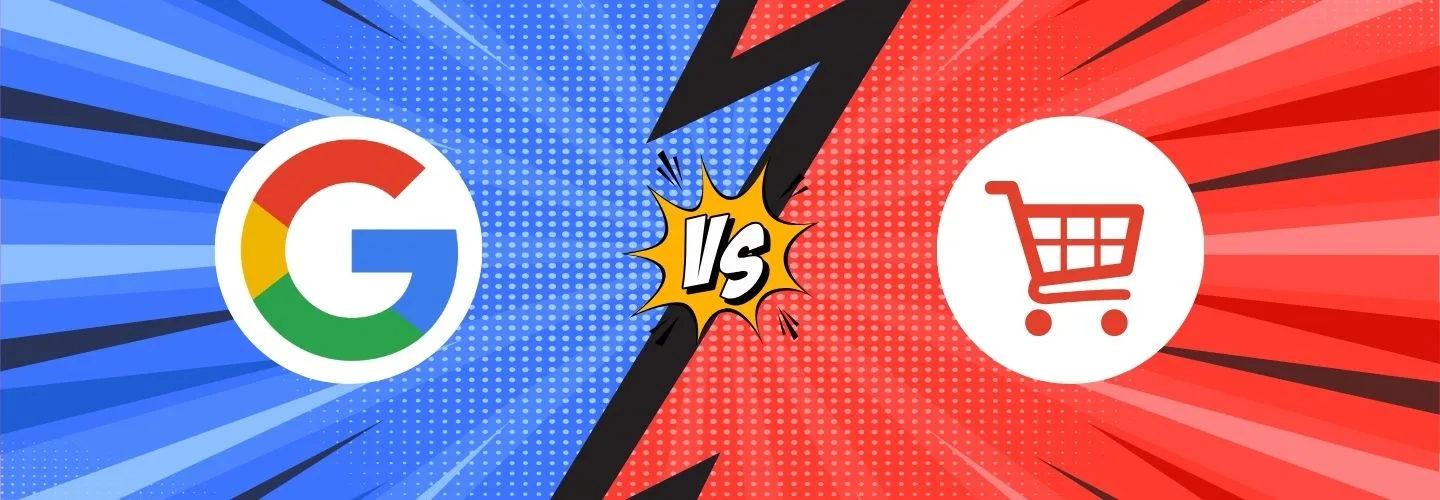Advanced SEO for SaaS: How to Scale Search Visibility in a Crowded Market

You have built a solid SaaS product. It’s functional and intuitive, and your early adopters love it. The tech is sound, the market need is clear, and you are poised for scale.
Except… the right traffic isn’t coming in. And SEO? It’s either stale, too generic, or entirely missing from your go-to-market plan.
Here’s the good news: after 20 years in digital marketing, we have seen this play out hundreds of times. SaaS companies with great products often hit an SEO plateau, not because SEO doesn’t work for SaaS, but because it requires a smarter, more nuanced approach than most industries.
Let’s walk through what that looks like in today’s hyper-competitive, AI-assisted search landscape.
TL;DR (Too Long; Drive Results)
- SaaS SEO is complex due to high competition, long sales cycles, and niche audiences.
- Success lies in long-tail keywords, semantic SEO, and funnel-aligned content.
- Content must solve real problems, not just fill word counts.
- Technical SEO matters, speed, structure, and schema can’t be skipped.
- Conversion-focused UX and landing pages make or break ROI.
- Backlinks? Yes. But earned through real authority, not link farms.
- This isn’t a checklist; it’s a dynamic strategy, built on years of hard lessons, wins, and pivots.
Why SaaS SEO Is a Different Beast (And Why Most Get It Wrong)
SEO in the SaaS world is tough. You are not up against a small local business; you are going head-to-head with massive enterprise platforms backed by huge budgets. Add in long sales cycles, intricate buyer journeys, and an audience that knows its stuff, and it’s clear, being strategic will always outshine just being loud.
Here’s where SaaS brands typically stumble:
- Chasing high-volume, low-conversion keywords (“CRM software” won’t move the needle without a serious budget)
- Ignoring mid-funnel and bottom-funnel content
- Forgetting that technical SEO is the foundation, not the finish line
We have been optimizing for SaaS before “freemium” was a buzzword. The fundamentals haven’t changed, but the execution absolutely has.
Search Intent > Search Volume (Always)
Here is the hard truth in modern SEO: chasing volume isn’t the answer. Your business does not need to be everywhere; it should show up where it really matters.
Instead of competing for terms like “time tracking software,” go after intent-driven, specific searches like:
- Best time tracking tools for law firms
- How to reduce admin time in client billing
- Toggl vs. Harvest for small teams
These are known as long-tail keywords, and they often convert 2-3x better than broad terms. Why? Because they are tied to a problem your product actually solves.
That’s semantic SEO in action, creating content that speaks the language of your user, not the search engine.
Semantic SEO: Not Just a Buzzword, a Strategy
Google doesn’t rank keywords anymore. It ranks concepts. And that changes the game.
Semantic SEO is all about:
- Topical depth: Covering a topic comprehensively, not just superficially.
- Contextual relevance: Supporting content that answers next-step questions users might have.
- Natural keyword usage: No stuffing, no awkward phrasing, just clear, helpful language.
Instead of writing 10 posts with slightly different variations of a keyword, create a pillar page that covers the full topic, then support it with clusters of related content.
This structure not only helps users, but it also makes life easier for Google’s crawlers. Win-win.
Your Funnel Is Broken If Your Content Isn’t Aligned
SaaS buyers rarely convert on the first click. Your content must reflect that journey.
Here’s a simplified content map we have refined over two decades:
Top of Funnel (Awareness):
Industry problems and thought leadership
- “Why remote teams struggle with project timelines”
- “2025 SaaS adoption trends for non-tech industries”
Middle of Funnel (Consideration):
Solution-based guides, how-tos, best practices
- Effective strategies for managing remote teams with ABC
- “Best budgeting tools for nonprofits (with comparisons)”
Bottom of Funnel (Decision):
Product pages, case studies, ROI calculators, competitor comparisons
- “Trello vs. ClickUp: Which is better for creative agencies?”
- “How our client reduced onboarding time by 42% with [Product]”
Too many SaaS companies skip straight to bottom-funnel content and wonder why traffic doesn’t convert. Your buyers don’t just need a solution; they need to understand why it matters to them specifically.
Don’t Sleep on Technical SEO
We have audited countless SaaS websites, and one thing consistently stands out: a sleek product and clever copy can easily be overshadowed by a slow site, broken links, or duplicate content.
You can’t afford those mistakes.
Focus on:
- Site Speed: Compress images, use modern formats (WebP), and lazy load assets.
- Schema Markup: Use SoftwareApplication, Product, and Review schema to boost SERP visibility.
- Duplicate Content: Canonical tags are your best friend when multiple pages cover similar topics.
- Mobile-First: Most SaaS traffic is mobile. Treat it like your primary platform.
Tools like PageSpeed Insights and Ahrefs Site Audit can highlight issues fast.
From Traffic to Conversions: UX and Optimization Tips That Drive Results
Getting your site to rank is only half the battle. The real challenge, and the revenue, comes from getting users to take action.
What we recommend:
- Clear, benefit-driven CTAs. Think: “Try it free and save 10 hours this week,” not “Start trial.”
- Landing pages tailored to intent, not traffic. One goal, one action.
- Social proof and security. Real testimonials. No stock photos.
- Heatmap and A/B testing tools (like Hotjar or VWO) to optimize based on behavior, not guesswork.
Our experience? Most SaaS conversion issues aren’t content-related; they are friction-related. Fix that, and you are no longer just driving traffic; you are generating demand.
Authority is Earned, Not Bought
You have heard it before: backlinks matter. But in 2025, contextual authority matters more.
That means earning links from:
- Industry publications
- Founder interviews on podcasts
- High-quality guest articles that add value (not keyword dumps)
Want to be seen as a thought leader? Then act like one. Create resources others want to cite, not just share.
We have helped SaaS brands grow from zero to acquisition targets by focusing less on volume and more on relevance + authority. It works because it compounds over time, like all good things.
So, Where Do You Go From Here?
You could bookmark this and plan to dive into it later, or you could start putting these insights into action and view SEO as more than just rankings and checklists. It’s a long-term game that rewards consistency, relevance, and real value.
Got questions? Let’s chat. Not sure how your site is performing? We can help you figure it out.
And if you are wondering how to compete without a $100K/month ad budget? That’s our kind of challenge.
We share practical strategies and real SaaS SEO success stories on Instagram, and we are always open to feedback from marketers who are in the trenches.
How are you tackling SEO right now? What’s working, and what’s falling short?
Let’s make the next 20 years of search smarter than the last. Reach out, challenge us, or simply ask what we’d do if we were in your shoes.
The conversation starts whenever you are ready.



